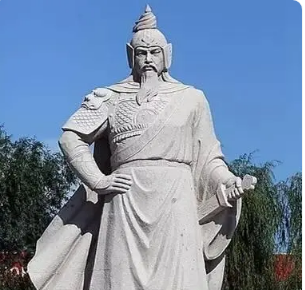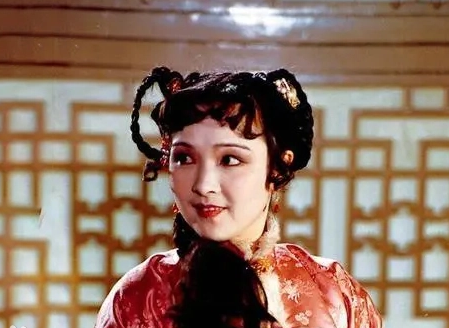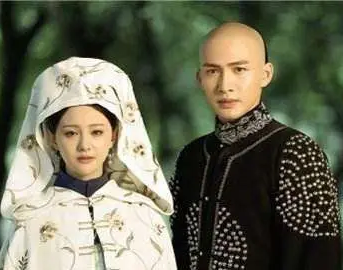In Chinese history, the biographies of many famous generals are filled with legendary colors. Among the stories of Qi Jiguang, a renowned general in the Ming Dynasty who fought against the Japanese pirates, there is a shocking legend - he killed his own son due to his strict military discipline. This legend has been widely spread, but what is the truth? This article will explore this historical mystery.

Qi Jiguang (1528-1588), styled Yuanjing and nicknamed Nantang, was a renowned strategist and national hero of the Ming Dynasty. He achieved remarkable feats in the wars against the Japanese pirates and wrote military books such as "Ji Xiao Xin Shu," which had a profound impact on later generations. The legend of his killing his son stems from his extreme emphasis on military discipline. It is said that his son violated military orders, and in order to uphold military discipline, Qi Jiguang had to make a painful decision. However, the authenticity of this story has always been controversial.
In the existing historical records, there is no conclusive evidence that Qi Jiguang actually killed his son. This story may be an exaggerated legend that emphasizes Qi Jiguang's strict military governance. In ancient times, in order to establish the dignity of generals and the seriousness of military discipline, there often existed exaggerated legends.
Regarding the part of "why did he show his head to the public," it may be a misunderstanding or distortion of Qi Jiguang's behavior in his later years. According to historical records, Qi Jiguang indeed suffered political persecution in his later years and was demoted to a commoner, but he did not publicly display his head. This statement may be a dramatic expression of his life experiences by later generations rather than a real historical event.
In summary, although the legend of Qi Jiguang killing his son is widely spread, there is a lack of conclusive historical evidence to support it. This story is more of a symbol reflecting Qi Jiguang's strict military governance. The claim that he showed his head to the public may be a misinterpretation or exaggeration of history. In evaluating historical figures, we should base our understanding of their lives and achievements on reliable historical records rather than unconfirmed legends, in order to adopt a more fair and objective perspective.
Disclaimer: The above content is sourced from the internet and the copyright belongs to the original author. If there is any infringement of your original copyright, please inform us and we will delete the relevant content as soon as possible.
































